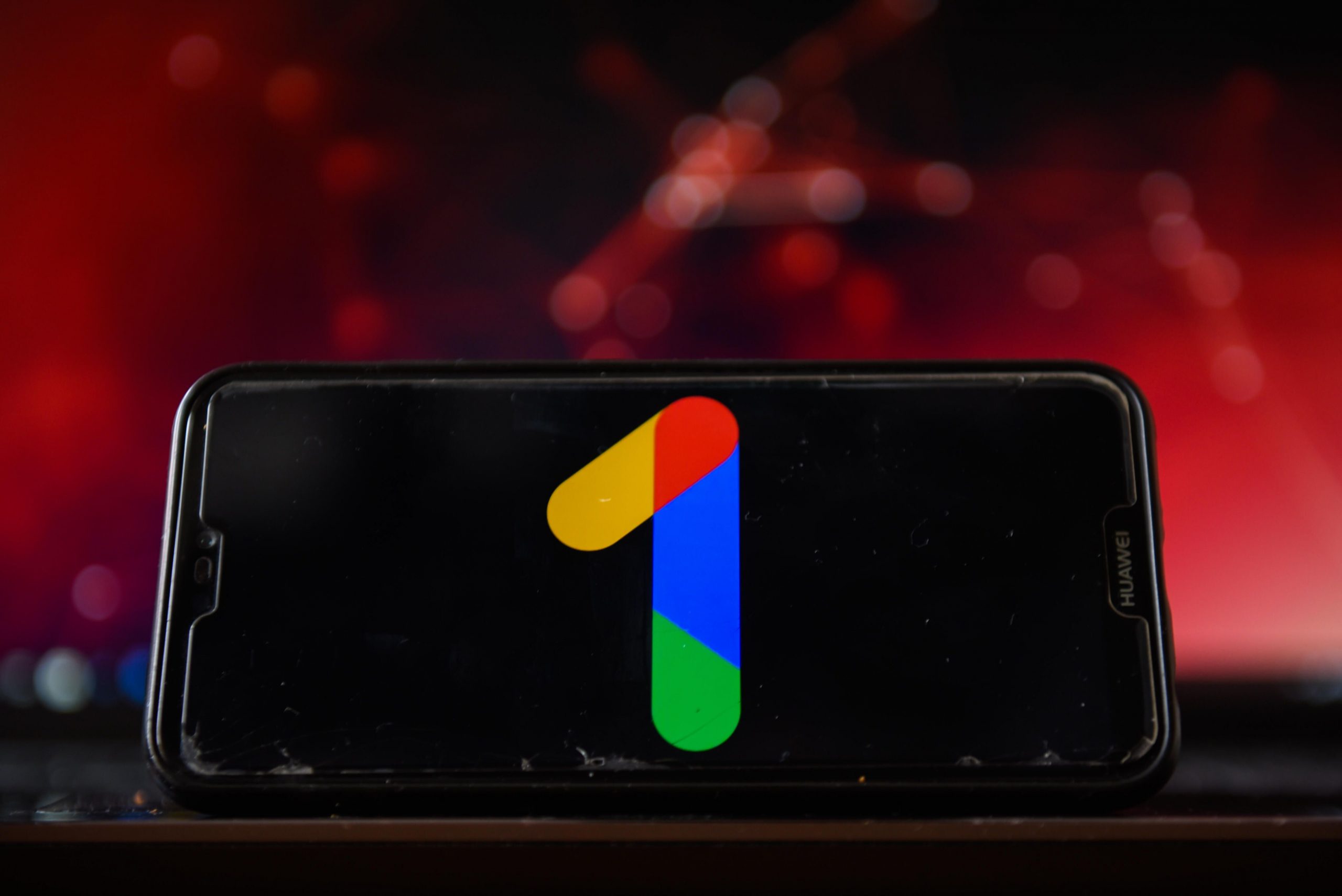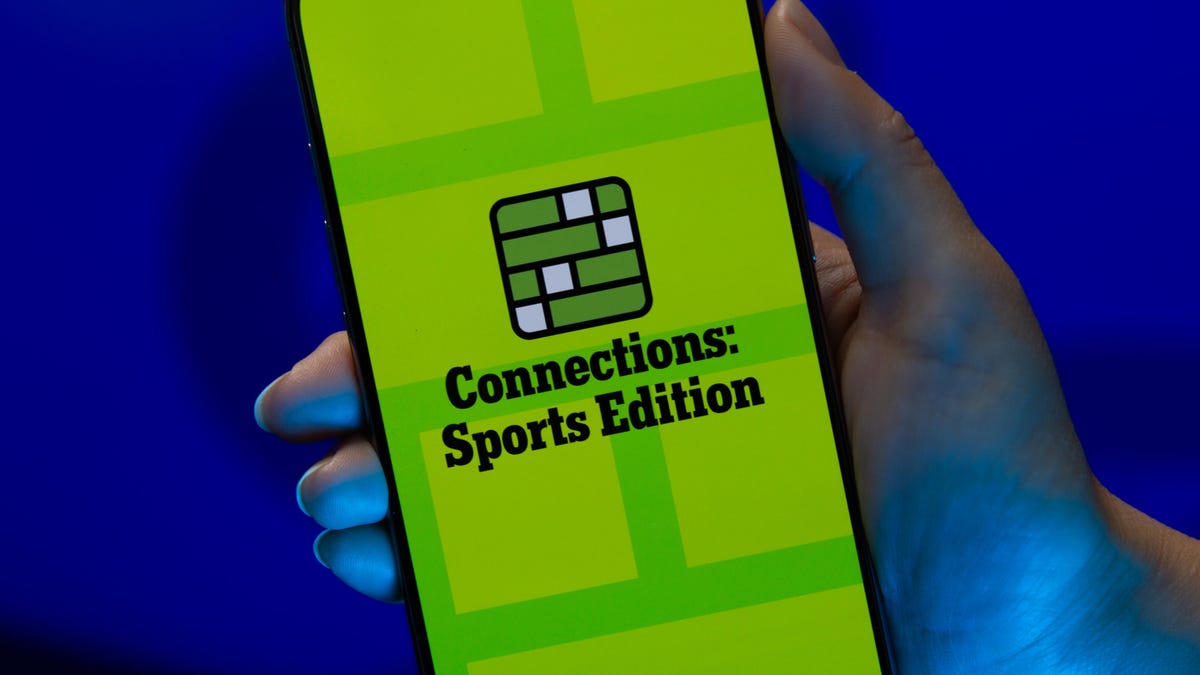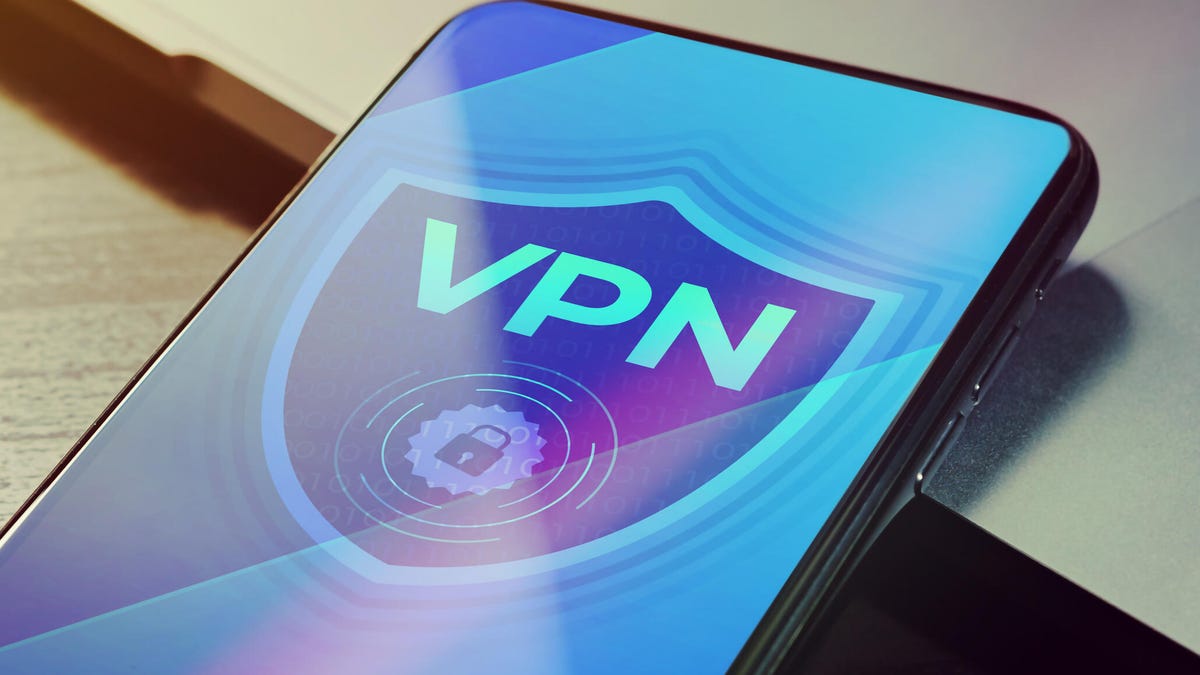Technologies
Google One VPN: What you need to know about this privacy tool
Analysis: Google now includes a VPN with its cloud subscription storage service. Here are some of the privacy implications you should know.

Google’s mobile virtual private network service — Google One VPN — is branching out. Once restricted to Android users in the US, the VPN is now a perk bundled with the search giant’s cloud-based subscription storage service, Google One. Earlier this month, however, Google made a change to its developer documents, as reported by 9to5Google. Android users in Canada and Mexico gained access to the service, along with those in the UK, France, Germany, Spain and Italy.
In October 2020, when Google launched its own standalone VPN as part of its $100 annual bundle package for Google One, subscribers with a 2TB or greater account got access to the service perk for the first time. While the idea of an Android-tailored VPN conveniently rolled into a Google One mobile app might seem appealing as a quick-fix privacy option, there are more than a few privacy concerns to give you pause.
If you’re checking into Google’s service for the first time, here are a few key things to know about the mobile encryption offering.
Read more: Do I really need to use a VPN on my phone? Yes, and it only takes 10 minutes to set up
Is Google One VPN a true VPN?
Yes. According to the tech detailed in Google’s white paper, Google One VPN acts as a traditional VPN does: It diverts all the internet traffic from your device through an encrypted tunnel, sends it through a Google VPN server and passes it along to the website you’re browsing toward — effectively hiding your browsing. It even goes a step further by separating its user authentication process from your browsing, too.
I haven’t yet tested Google One VPN, so I can’t tell you whether it can help you bypass Google’s own geoblocking on country-specific apps in the Google Play Store, or if it can help you access your home country’s Netflix catalog while you’re traveling abroad.
Is Google One VPN truly private?
As we wrote in June, Google One users simply looking for an extra layer of protection while using free public Wi-Fi could find this VPN to be a convenient fit. But there’s an elephant in the room here.
By using Google One VPN, you’re actively feeding every piece of internet-bound data on your device to Google. Then you’re trusting Google to not peek at that data, and to shield you from the same third-party tracking tech that it only stopped profiting from in March.
This is the same Google that required a lot — Facebook’s Cambridge Analytica scandal, a lengthy legislative haranguing over privacy concerns, three major antitrust lawsuits (including a landmark case by the US Department of Justice) and another complaint by a bipartisan coalition of states — before it decided to phase out those third-party tracker cookies in its Chrome browser. Google is only just starting that process, which also doesn’t apply to mobile Google devices.
We reached out to Google, and will update this story if we hear back.
VPNs function by routing all of your data through a single company’s servers. So when we recommend VPN providers, we evaluate not only the relative strength of their encryption tech and application security, but we also examine the VPN providers’ data privacy and retention policies, and any instances where the provider has been proven to have collected or shared user browsing data.
Read more: How we evaluate and review VPNs
We frequently advise users against adopting free VPN services except when indulging in a 30-day trial of a recommended provider, primarily as a precaution against undesirable data collection by shady VPN providers and their data brokers. If any of our recommended VPN providers had even half the access to your private digital life that Google so often does, I’d advise against using that provider’s VPN to protect your privacy, regardless of how strong its encryption is.
So if you’re interested in keeping your browsing, internet traffic and usage data private from corporations and government entities, you should carefully consider Google’s long, storied history of sharing and collecting user data before you use any of its products, VPN included. Ask yourself whether it might be better to trust your data to a company whose singular aim appears to be privacy, rather than algorithm farming.
Is Google One VPN worth it?
Thanks to far-reaching gag orders and secret subpoenas, the US government has overseen the collection of more data from internet users than we can feasibly or objectively measure at this time. As such, I recommend against choosing a VPN service with a US jurisdiction, which would include Google One VPN — though it’s worth noting that non-US VPN companies are still far too opaque to operate entirely independent of user trust.
But when even Uncle Sam has to sue a VPN company over data abuse? It may be worth selecting a different fox to guard your digital henhouse.
If you’re a subscriber to the Google One 2TB plan and just looking for light protection as you browse public Wi-Fi, the Google One VPN may do the job. But if you’re looking for more robust privacy, we’d recommend subscribing to one of our tested and recommended VPNs instead.
For more, check out our picks for the best Android VPNs, the best iPhone VPNs and the best cheap VPNs.
Technologies
Today’s NYT Mini Crossword Answers for Saturday, Feb. 21
Here are the answers for The New York Times Mini Crossword for Feb. 21.

Looking for the most recent Mini Crossword answer? Click here for today’s Mini Crossword hints, as well as our daily answers and hints for The New York Times Wordle, Strands, Connections and Connections: Sports Edition puzzles.
Need some help with today’s Mini Crossword? It’s the long Saturday version, and some of the clues are stumpers. I was really thrown by 10-Across. Read on for all the answers. And if you could use some hints and guidance for daily solving, check out our Mini Crossword tips.
If you’re looking for today’s Wordle, Connections, Connections: Sports Edition and Strands answers, you can visit CNET’s NYT puzzle hints page.
Read more: Tips and Tricks for Solving The New York Times Mini Crossword
Let’s get to those Mini Crossword clues and answers.
Mini across clues and answers
1A clue: «Jersey Shore» channel
Answer: MTV
4A clue: «___ Knows» (rhyming ad slogan)
Answer: LOWES
6A clue: Second-best-selling female musician of all time, behind Taylor Swift
Answer: MADONNA
8A clue: Whiskey grain
Answer: RYE
9A clue: Dreaded workday: Abbr.
Answer: MON
10A clue: Backfiring blunder, in modern lingo
Answer: SELFOWN
12A clue: Lengthy sheet for a complicated board game, perhaps
Answer: RULES
13A clue: Subtle «Yes»
Answer: NOD
Mini down clues and answers
1D clue: In which high schoolers might role-play as ambassadors
Answer: MODELUN
2D clue: This clue number
Answer: TWO
3D clue: Paid via app, perhaps
Answer: VENMOED
4D clue: Coat of paint
Answer: LAYER
5D clue: Falls in winter, say
Answer: SNOWS
6D clue: Married title
Answer: MRS
7D clue: ___ Arbor, Mich.
Answer: ANN
11D clue: Woman in Progressive ads
Answer: FLO
Technologies
Today’s NYT Connections: Sports Edition Hints and Answers for Feb. 21, #516
Here are hints and the answers for the NYT Connections: Sports Edition puzzle for Feb. 21, No. 516.

Looking for the most recent regular Connections answers? Click here for today’s Connections hints, as well as our daily answers and hints for The New York Times Mini Crossword, Wordle and Strands puzzles.
Today’s Connections: Sports Edition is a tough one. I actually thought the purple category, usually the most difficult, was the easiest of the four. If you’re struggling with today’s puzzle but still want to solve it, read on for hints and the answers.
Connections: Sports Edition is published by The Athletic, the subscription-based sports journalism site owned by The Times. It doesn’t appear in the NYT Games app, but it does in The Athletic’s own app. Or you can play it for free online.
Read more: NYT Connections: Sports Edition Puzzle Comes Out of Beta
Hints for today’s Connections: Sports Edition groups
Here are four hints for the groupings in today’s Connections: Sports Edition puzzle, ranked from the easiest yellow group to the tough (and sometimes bizarre) purple group.
Yellow group hint: Old Line State.
Green group hint: Hoops legend.
Blue group hint: Robert Redford movie.
Purple group hint: Vroom-vroom.
Answers for today’s Connections: Sports Edition groups
Yellow group: Maryland teams.
Green group: Shaquille O’Neal nicknames.
Blue group: Associated with «The Natural.»
Purple group: Sports that have a driver.
Read more: Wordle Cheat Sheet: Here Are the Most Popular Letters Used in English Words
What are today’s Connections: Sports Edition answers?
The yellow words in today’s Connections
The theme is Maryland teams. The four answers are Midshipmen, Orioles, Ravens and Terrapins.
The green words in today’s Connections
The theme is Shaquille O’Neal nicknames. The four answers are Big Aristotle, Diesel, Shaq and Superman.
The blue words in today’s Connections
The theme is associated with «The Natural.» The four answers are baseball, Hobbs, Knights and Wonderboy.
The purple words in today’s Connections
The theme is sports that have a driver. The four answers are bobsled, F1, golf and water polo.
Technologies
Wisconsin Reverses Decision to Ban VPNs in Age-Verification Bill
The law would have required websites to block VPN users from accessing «harmful material.»

Following a wave of criticism, Wisconsin lawmakers have decided not to include a ban on VPN services in their age-verification law, making its way through the state legislature.
Wisconsin Senate Bill 130 (and its sister Assembly Bill 105), introduced in March 2025, aims to prohibit businesses from «publishing or distributing material harmful to minors» unless there is a reasonable «method to verify the age of individuals attempting to access the website.»
One provision would have required businesses to bar people from accessing their sites via «a virtual private network system or virtual private network provider.»
A VPN lets you access the internet via an encrypted connection, enabling you to bypass firewalls and unblock geographically restricted websites and streaming content. While using a VPN, your IP address and physical location are masked, and your internet service provider doesn’t know which websites you visit.
Wisconsin state Sen. Van Wanggaard moved to delete that provision in the legislation, thereby releasing VPNs from any liability. The state assembly agreed to remove the VPN ban, and the bill now awaits Wisconsin Governor Tony Evers’s signature.
Rindala Alajaji, associate director of state affairs at the digital freedom nonprofit Electronic Frontier Foundation, says Wisconsin’s U-turn is «great news.»
«This shows the power of public advocacy and pushback,» Alajaji says. «Politicians heard the VPN users who shared their worries and fears, and the experts who explained how the ban wouldn’t work.»
Earlier this week, the EFF had written an open letter arguing that the draft laws did not «meaningfully advance the goal of keeping young people safe online.» The EFF said that blocking VPNs would harm many groups that rely on that software for private and secure internet connections, including «businesses, universities, journalists and ordinary citizens,» and that «many law enforcement professionals, veterans and small business owners rely on VPNs to safely use the internet.»
More from CNET: Best VPN Service for 2026: VPNs Tested by Our Experts
VPNs can also help you get around age-verification laws — for instance, if you live in a state or country that requires age verification to access certain material, you can use a VPN to make it look like you live elsewhere, thereby gaining access to that material. As age-restriction laws increase around the US, VPN use has also increased. However, many people are using free VPNs, which are fertile ground for cybercriminals.
In its letter to Wisconsin lawmakers prior to the reversal, the EFF argued that it is «unworkable» to require websites to block VPN users from accessing adult content. The EFF said such sites cannot «reliably determine» where a VPN customer lives — it could be any US state or even other countries.
«As a result, covered websites would face an impossible choice: either block all VPN users everywhere, disrupting access for millions of people nationwide, or cease offering services in Wisconsin altogether,» the EFF wrote.
Wisconsin is not the only state to consider VPN bans to prevent access to adult material. Last year, Michigan introduced the Anticorruption of Public Morals Act, which would ban all use of VPNs. If passed, it would force ISPs to detect and block VPN usage and also ban the sale of VPNs in the state. Fines could reach $500,000.
-

 Technologies3 года ago
Technologies3 года agoTech Companies Need to Be Held Accountable for Security, Experts Say
-

 Technologies3 года ago
Technologies3 года agoBest Handheld Game Console in 2023
-

 Technologies3 года ago
Technologies3 года agoTighten Up Your VR Game With the Best Head Straps for Quest 2
-

 Technologies4 года ago
Technologies4 года agoBlack Friday 2021: The best deals on TVs, headphones, kitchenware, and more
-

 Technologies5 лет ago
Technologies5 лет agoGoogle to require vaccinations as Silicon Valley rethinks return-to-office policies
-

 Technologies5 лет ago
Technologies5 лет agoVerum, Wickr and Threema: next generation secured messengers
-

 Technologies4 года ago
Technologies4 года agoOlivia Harlan Dekker for Verum Messenger
-

 Technologies4 года ago
Technologies4 года agoiPhone 13 event: How to watch Apple’s big announcement tomorrow
